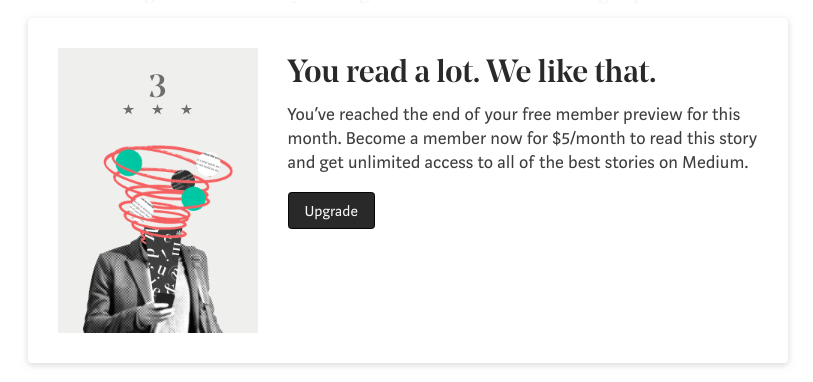Some of you will know that I seem to have a reputation in relation to legal structures and social enterprise. Based on ongoing research and evidences I try to source about all the claims, experiences, and realities made about them, I:
- get asked to deliver masterclasses for university business schools' MBAs on the subject;
- am the lead adviser in some national bodies' mentoring programmes on the subject;
- 'accidentally' changed CIC legislation so it stopped forcing the governance of social enterprises to act in ways that were contrary to the sectors' values;
- am commissioned to create resources and train sector advisers on the subject;
- have created a simple framework that people say is a great way to help them better approach starting to think through/navigate the options available to them;
- help unpick and restructure social enterprises who realise they've incorporated with the wrong form (which they usually picked on the basis of an 'expert advisors' encouragement);
- have been subject to personal attacks, and investigations by regulators, because I've spoken out about when research and evidence seems to contradict the policy and direction of some sector bodies'...
Over the course of about 20 minutes the lead adviser of a national social enterprise sector body revealed that:
- they were unaware of how many options there currently are that a social enterprise can be created with (14);
- they didn't understand why Companies limited by guarantee, despite being the most popular choice for social enterprises to always adopt, are able to be recognised as legitimate 'social enterprises' (Companies Act 1986);
- they weren't able to state what the potential benefits of having exempt charitable status might be if you were a Community Co-operative Society (less tax on trading surpluses, greater ability to apply for grants than a limited company, business rate reliefs);
- and that they didn't fully understand what the rules around 'Persons with Significant Control' were, which apply to all companies and CICs, and form part of the legal statutory rules which a social enterprise would have to comply with if they chose this form.









